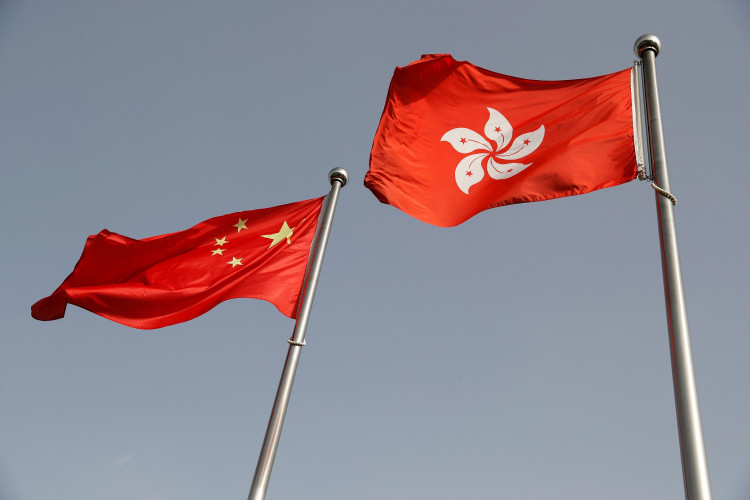Four former Hong Kong lawmakers were released early Tuesday after serving more than four years in prison for conspiracy to commit subversion, marking a rare moment of relief in the city's sweeping crackdown on political dissent under Beijing's national security law.
Claudia Mo, Kwok Ka-ki, Jeremy Tam, and Gary Fan were freed from separate facilities across the city, including Stanley Prison and Shek Pik Prison on Lantau Island. Fan, speaking upon arriving home, said, "I will go back home and reunite with family. Thank you Hong Kongers." Local media reported that Mo, on her return, appeared calm and intended to rest, according to her husband Philip Bowring.
The release follows the largest national security trial since Beijing imposed the controversial law in 2020. The group, part of the so-called "Hong Kong 47," had been charged in early 2021 for participating in an unofficial primary election organized by the city's pro-democracy movement. The primary attracted over 600,000 voters despite government warnings.
Prosecutors argued the primary was part of a conspiracy to paralyze the government through legislative means if pro-democracy candidates had won office. Authorities charged 47 activists, and only two were ultimately acquitted. Mo, Kwok, Tam, and Fan had pleaded guilty and were sentenced to four years and two months in prison.
During the early morning releases, police maintained tight security around the prisons, restricting road access and posting patrols. Reporters stationed outside Stanley Prison were informed by officers that Kwok and Tam had already departed, while vehicles were seen leaving the Lo Wu women's correctional facility and Shek Pik.
The Civic Party, once a prominent force in Hong Kong's pro-democracy movement and home to several of the freed lawmakers, disbanded earlier this year amid intensifying political pressure. Mo had resigned from the party in 2016 and later co-founded HK First alongside Fan, a former member of the Neo Democrats.
Western governments, including the United States, condemned the trial as politically motivated and called for the democrats' release. Beijing and Hong Kong authorities maintained that the defendants received a fair trial under the law, which they assert is critical to maintaining stability in the city following the 2019 protests.
The national security law, introduced after months of widespread and sometimes violent protests, has drastically reshaped Hong Kong's political environment. Officials argue it restored order and investor confidence, while critics contend it breached Beijing's pledge to uphold Hong Kong's autonomy for 50 years after the 1997 handover from British rule.
The longest prison sentence in the case was handed to Benny Tai, a legal scholar and key organizer of the 2020 primary, who received a 10-year term. Tai had previously played a leading role in the 2014 Umbrella Movement that sought expanded democratic rights.






